Like all forms of art, video games are entirely subjective. What one person or critic may love, another may hate. Of course, there is a spectrum in regards to subjectivity. For example, most people will agree that The Last of Us is a great game, just as most people will agree that, say, Ride to Hell: Retribution is a bad one.
But there’s a lot of fun and cloudy subjectivity in the middle. A game that received poor or mediocre reviews may have been regarded more positively by the general public, who were perhaps more willing than the critics to overlook flaws. These are some of those games.
Days Gone (2019)
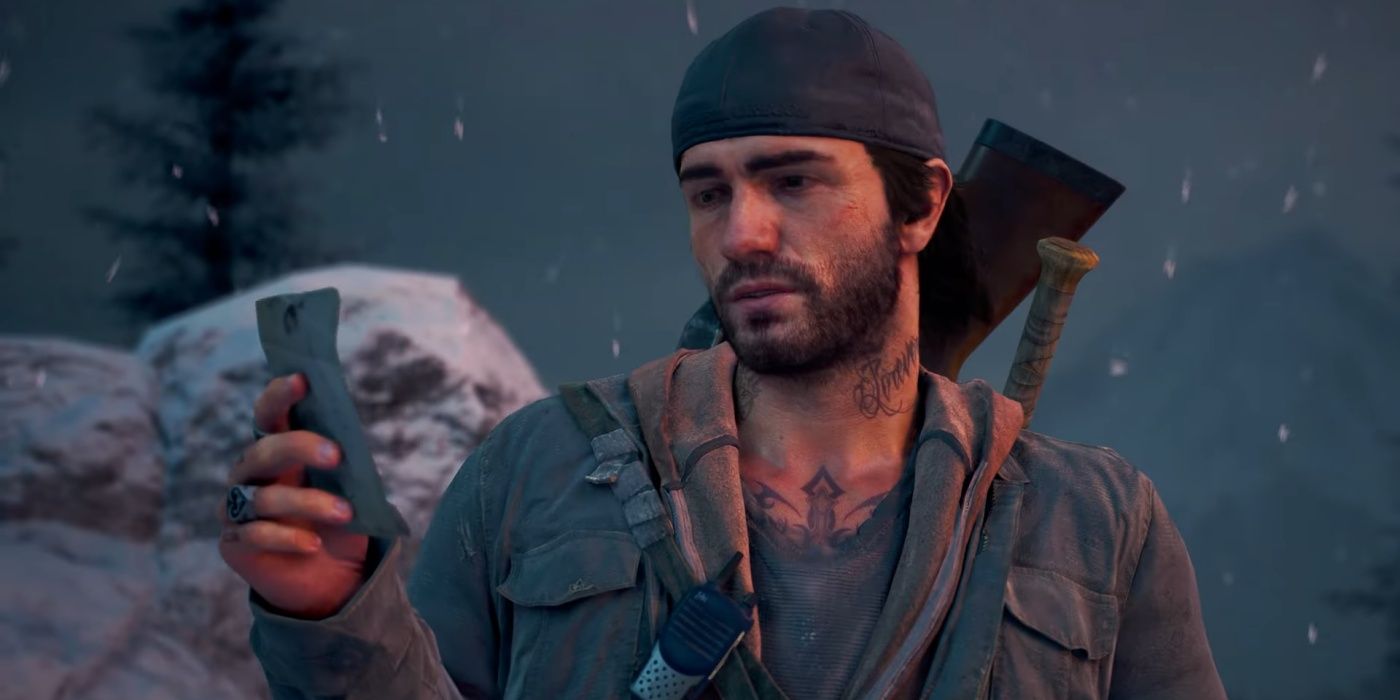
The zombie genre may have become oversaturated in recent years, but Days Gone is a breath of fresh air. The game serves as a typical open world experience with the unique element of zombie hordes. Said hordes gather together and attack the player by the hundreds, ensuring a white knuckle and breathless experience.
Unfortunately, the game was not a success with critics, resulting in a relatively meager 71 on Metacritic. However, general players were far more receptive, as evident by its 8.3 user score.
Moving Out (2020)
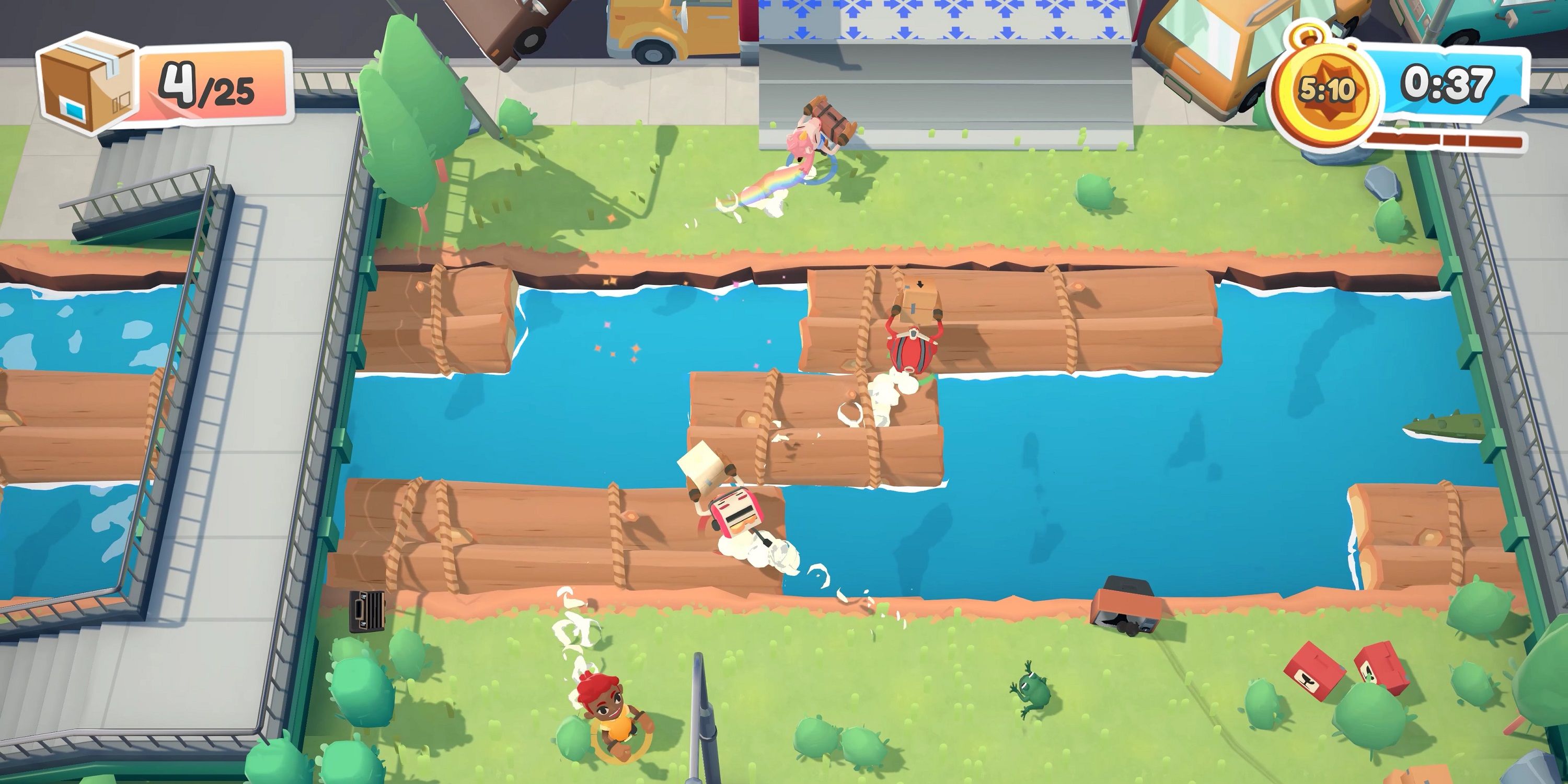
Moving Out is the little game that could. Players control a “Furniture Arrangement & Relocation Technician” (read – mover) who helps people move out of their houses. Players are forced to avoid obstacles along the way, ensuring an experience akin to coin-based arcade games of the ’80s.
It’s a ton of fun – especially in co-op mode – and it proves nostalgic for a simpler type of genre. It earned mediocre reviews from critics (74 on Metacritic), but the 8.0 user score indicates a far more positive reception among general players who just want to have some goofy, innocent fun.
Dying Light (2015)
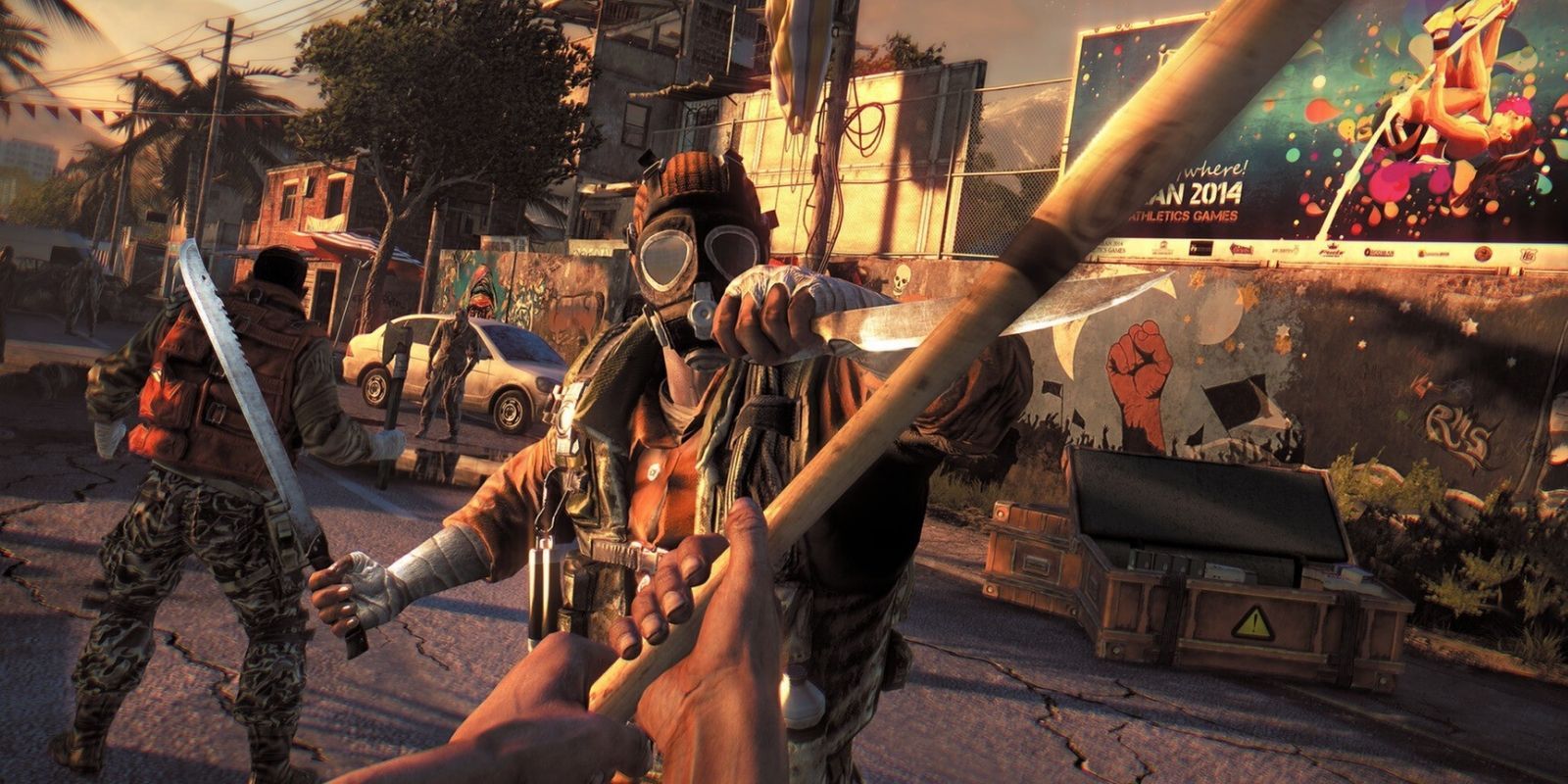
Dying Light is yet another zombie title and further evidence of the blatant oversaturation of the genre. Like Days Gone, Dying Light is an open world game featuring fast zombies with an intense focus on exploration and crafting – only this one is in first person instead of third.
The unique mechanic of Dying Light is its parkour system, allowing players to run through the city at incredible speeds and scale its buildings with effortless ease. The game only holds a 74 on Metacritic but an 8.0 user score, once again indicating a more favorable reception with the general community.
Beyond: Two Souls (2015)
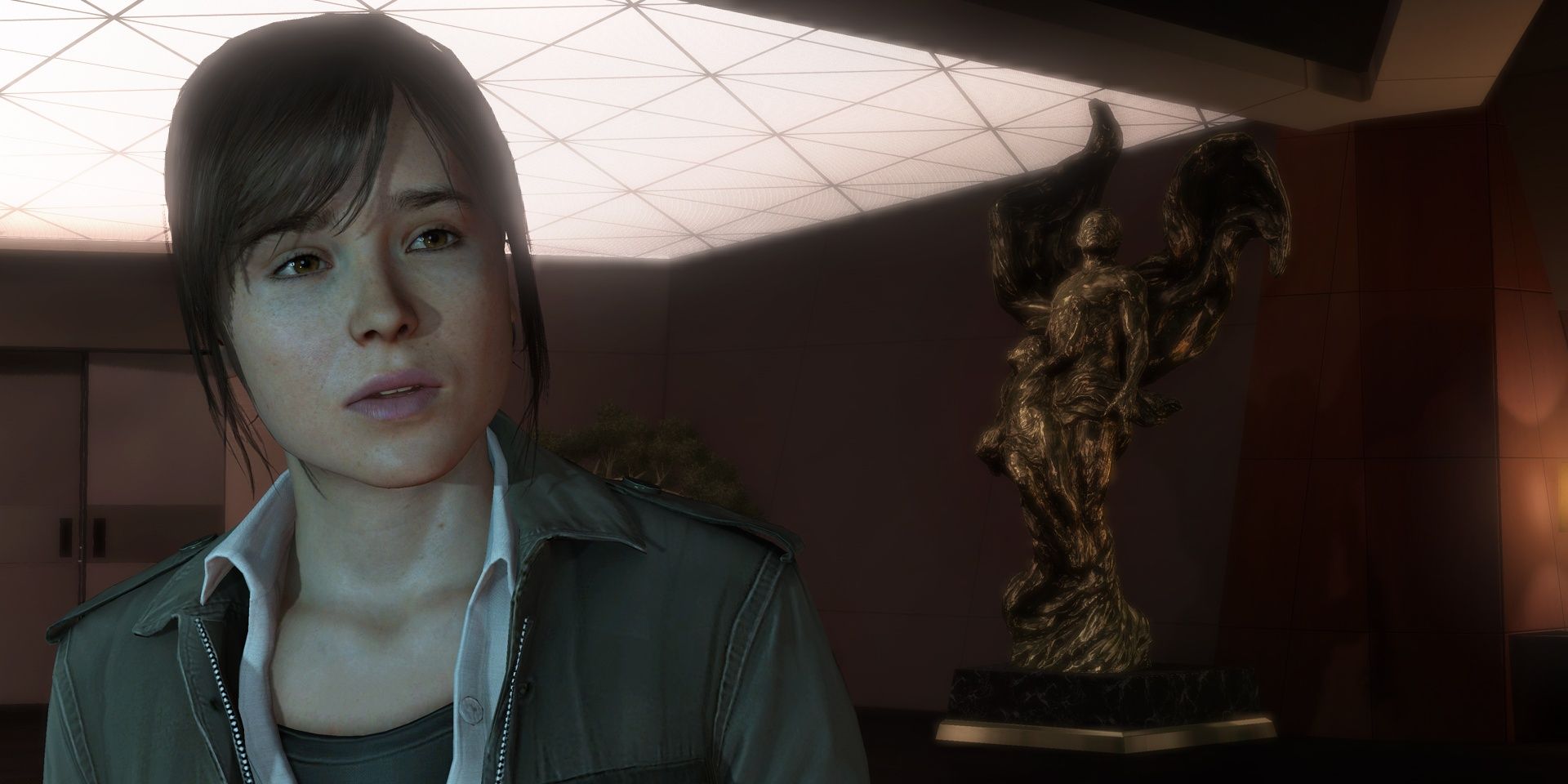
Known primarily as “that game with Elliot Page”, Beyond: Two Souls is a game created by David Cage of Quantic Dream. Cage is one of the leading names in video game storytelling, his unique choice-based style often earning praise for its ambition, scope, and themes.
Not all of his ideas land, but Cage consistently earns respect for his experimentation. Beyond: Two Souls didn’t earn the greatest of reviews (72 on Metacritic), but its narrative is well worth experiencing.
Until Dawn: Rush Of Blood (2016)

Virtual reality gaming has yet to really take off, but Until Dawn: Rush of Blood proves a promising glimpse into the future (even though the game was released five years ago). In fact, Rush of Blood may prove one of the greatest titles for the PSVR, continuing the beloved Until Dawn IP through virtual reality.
Horror is the perfect genre to utilize virtual reality, placing players directly in the line of fire, so to speak. Rush of Blood is aptly titled, as it’s exactly what players will experience while playing this terrifying, yet underrated, video game.
Farpoint (2017)
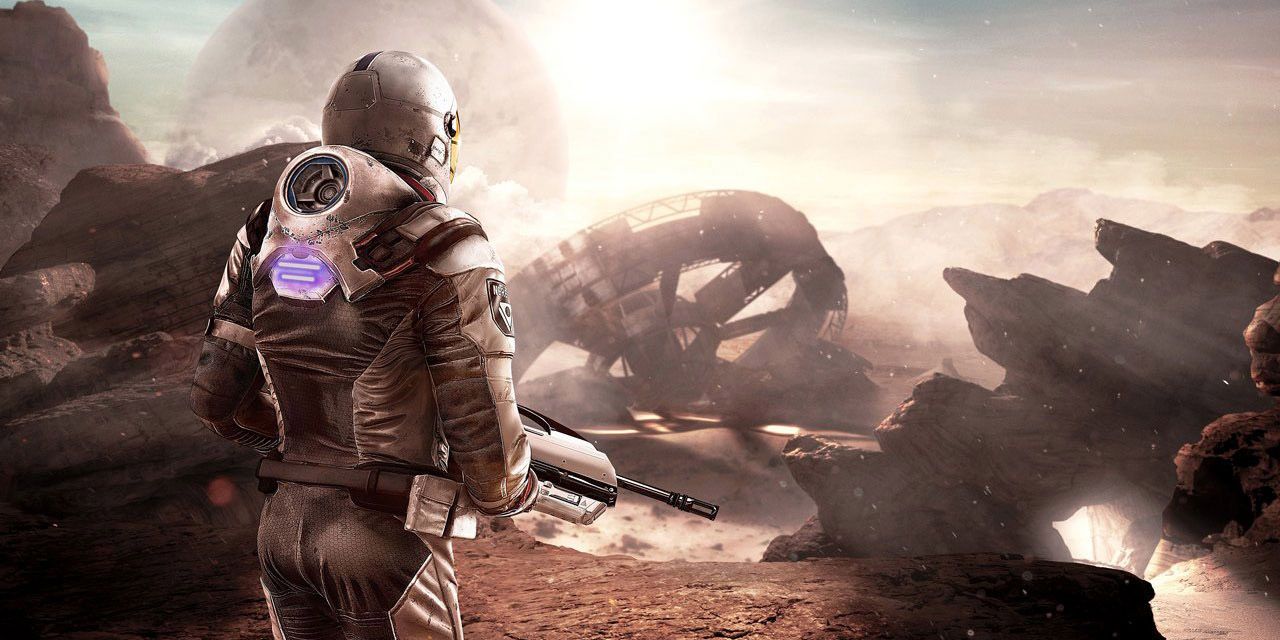
Released just one year after Rush of Blood, Farpoint is another PSVR exclusive that promises good things for the medium. Farpoint is a science fiction shooter, and while it didn’t have the immediate influence, as, say, Halo, it is still an excellent title that utilizes virtual reality to present a fun and convincing first person experience.
The game only has a 71 on Metacritic but a far more favorable 8.1 user score. In time, it may considered a cult classic.
Resident Evil: Revelations (2017)
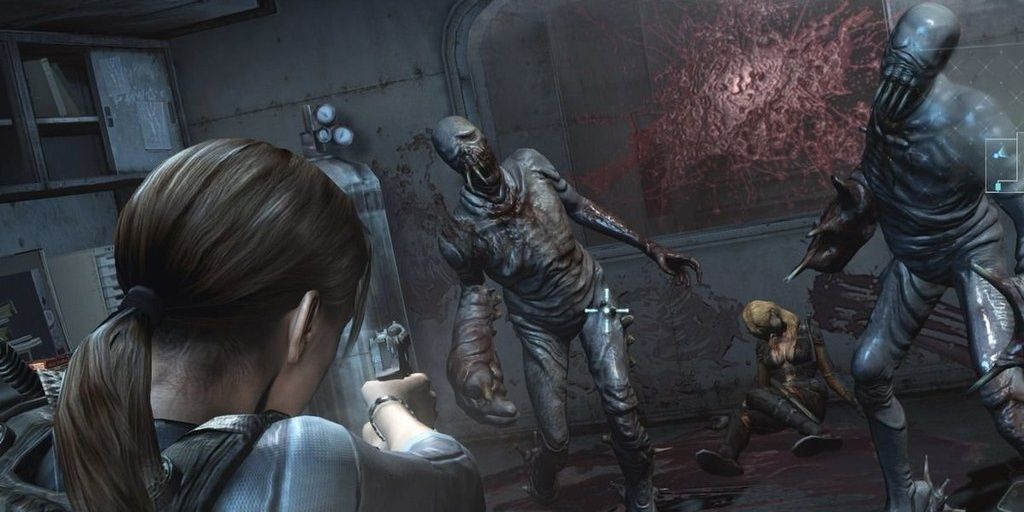
The Resident Evil series has long remained a gaming staple, and it seems like there is a new entry every year. In 2017, it was Resident Evil: Revelations, an HD console remake of the beloved 3DS games. The title was not well received on the PlayStation 4, resulting in a rather paltry 70 Metascore.
It’s perhaps unfairly low. The game serves as a wonderful bit of nostalgia, and it effortlessly transfers an old handheld video game for modern consoles and audiences. Yes, it’s a little outdated, but that is to be expected by its very nature.
Destroy All Humans! (2020)
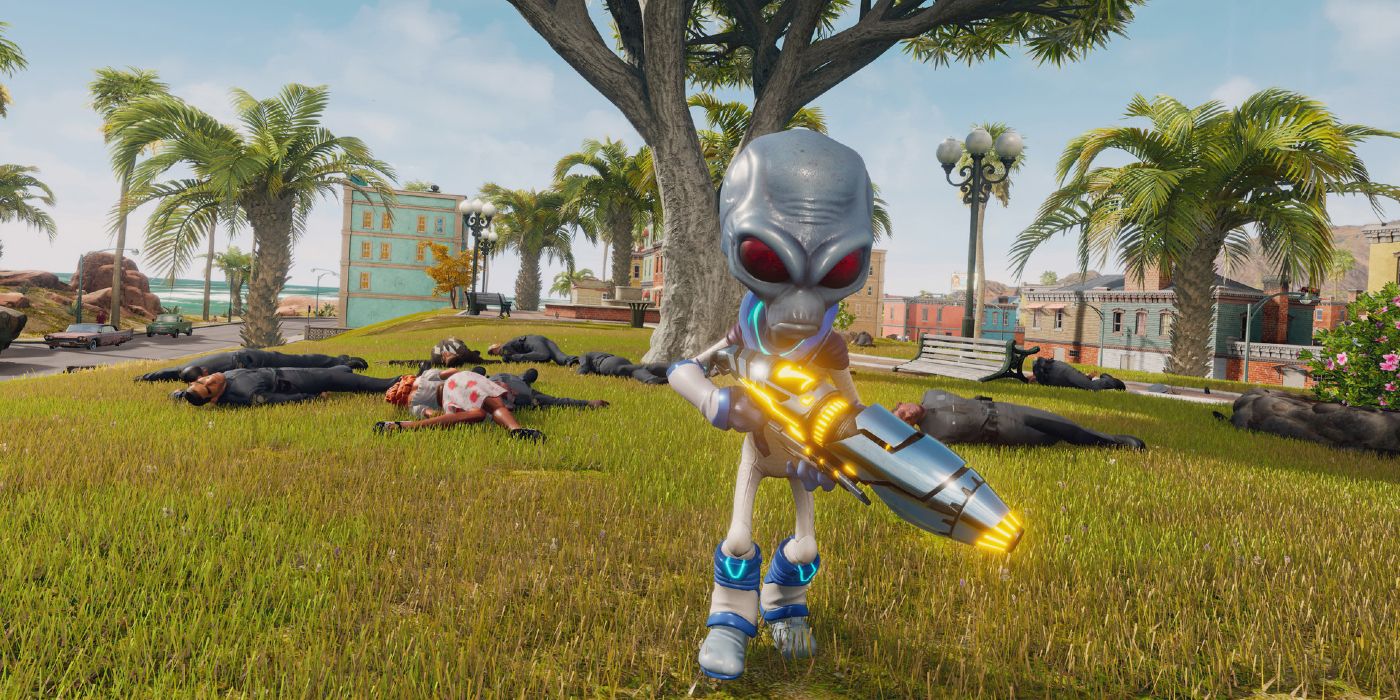
2020 saw the release of Destroy All Humans!, a PS4, Xbox One, Switch, and Windows update of the beloved 2005 original. Unfortunately, the game did not receive good reviews, as evident by its rather disappointing 70 Metacritic score.
Critics generally agreed that the game was stuck in 2005, minus the updated graphics. Not only that, but it was plagued with unfortunate performance issues and long load times. That said, the 8.0 user score indicates that nostalgic fans were more than happy with the outcome, however outdated it may be.
Mad Max (2015)
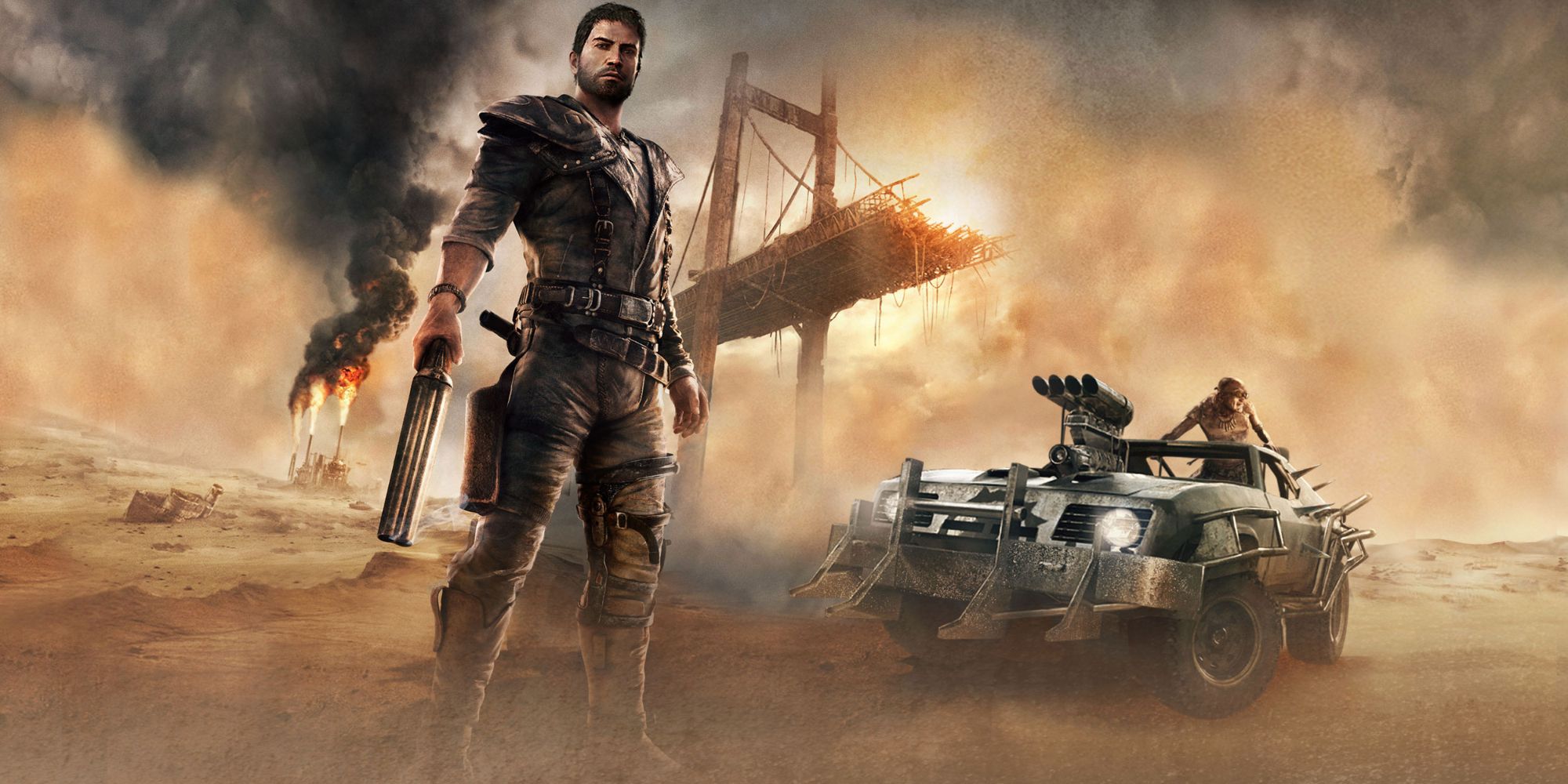
Like Dying Light and Days Gone, Mad Max was often criticized for being a by-the-numbers open world video game with little in the way of innovation. Based on the beloved movie series, Mad Max stands at a meager 69 on Metacritic, the result of insipid reviews decrying the game’s predictability, repetitive nature, and over-abundance of traditional and long-tired side quests.
In short, Mad Max was nothing but “competent.” However, it seems like general players were more receptive of the game, as evidenced by its favorable 7.8 user score.
Outlast 2 (2017)
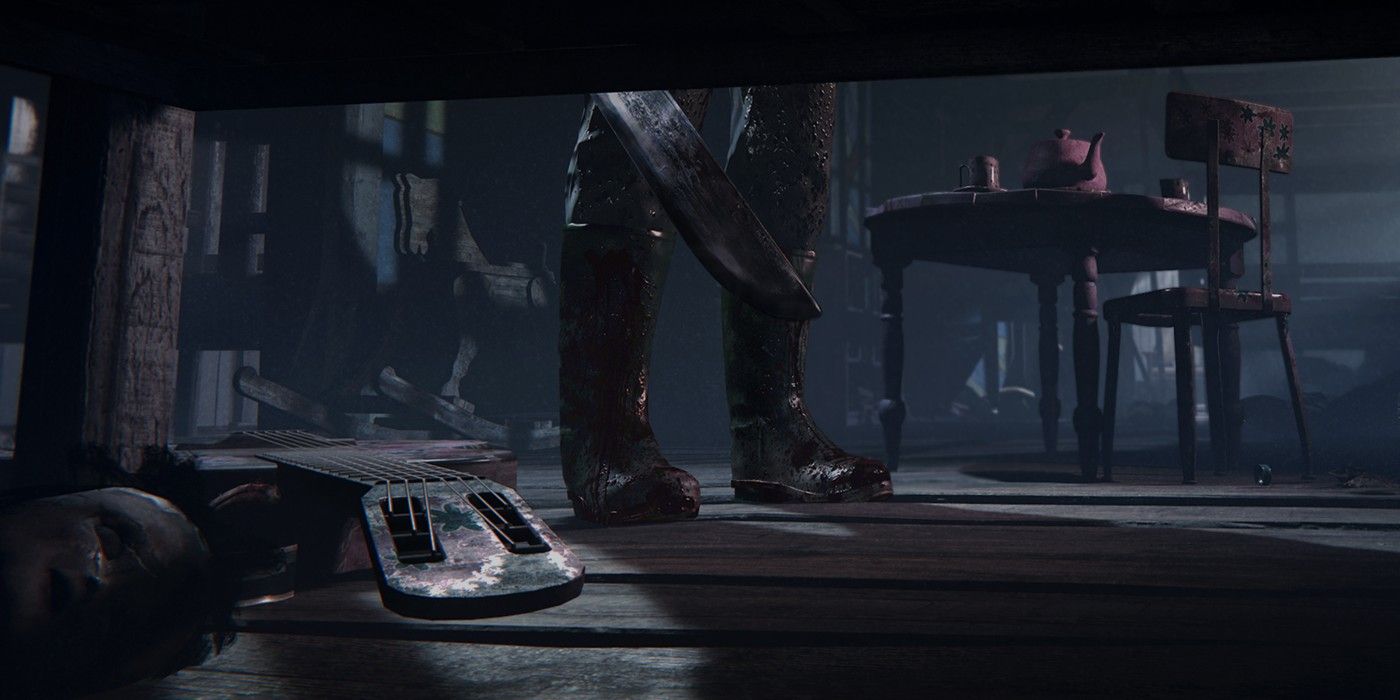
The first Outlast was a widely beloved horror game that helped popularize the indie horror genre. The early 2010s was filled with similar titles, and it eventually gave way to the indie boom of the late 2010s. Outlast proved that video games didn’t need AAA production values to be effective.
Outlast 2 continues everything that made the first Outlast great, only with a dangerous cult instead of psychotic killers and supernatural entities inside a psychiatric hospital. And yet people didn’t seem to like it very much.




